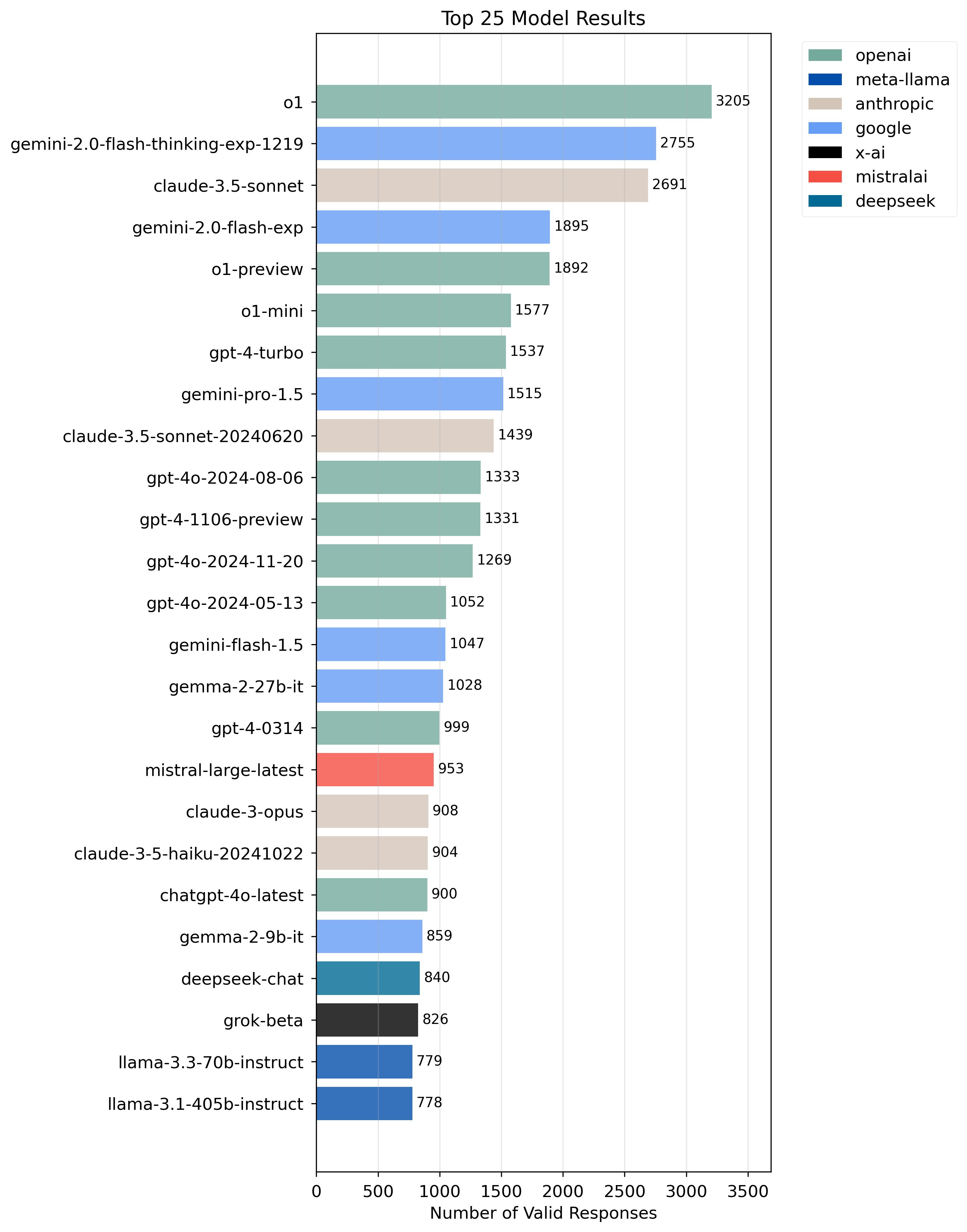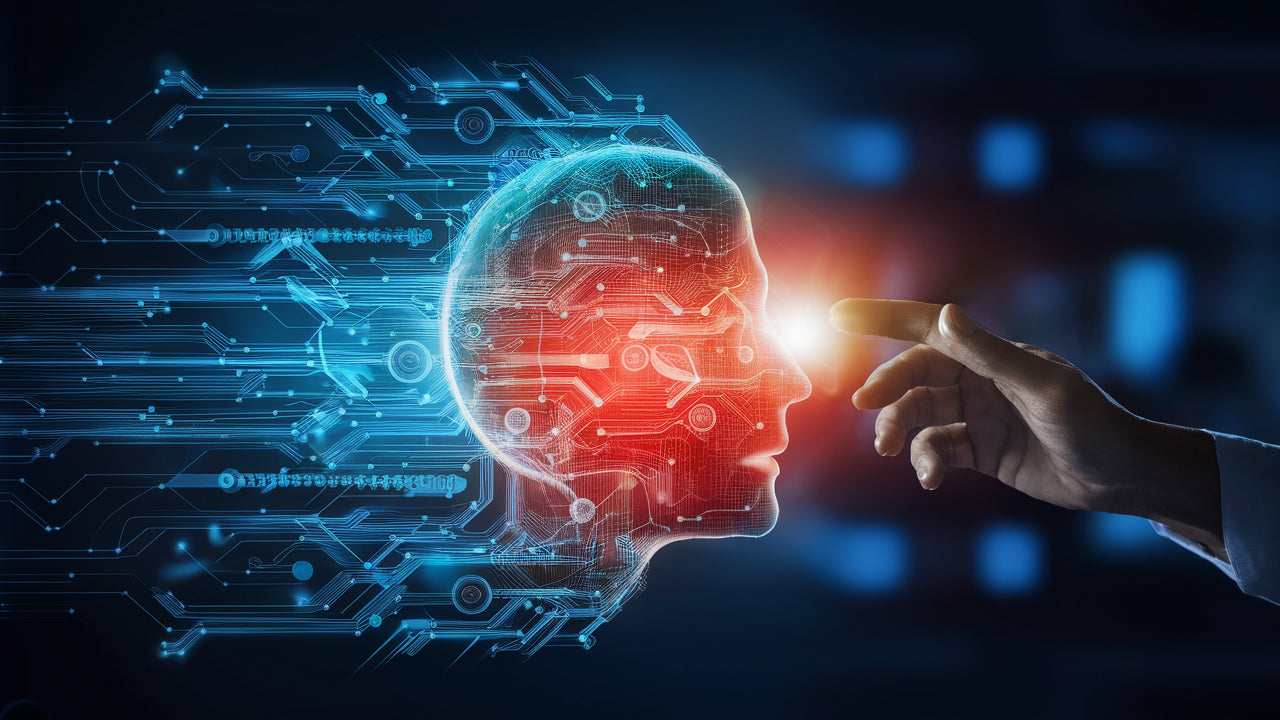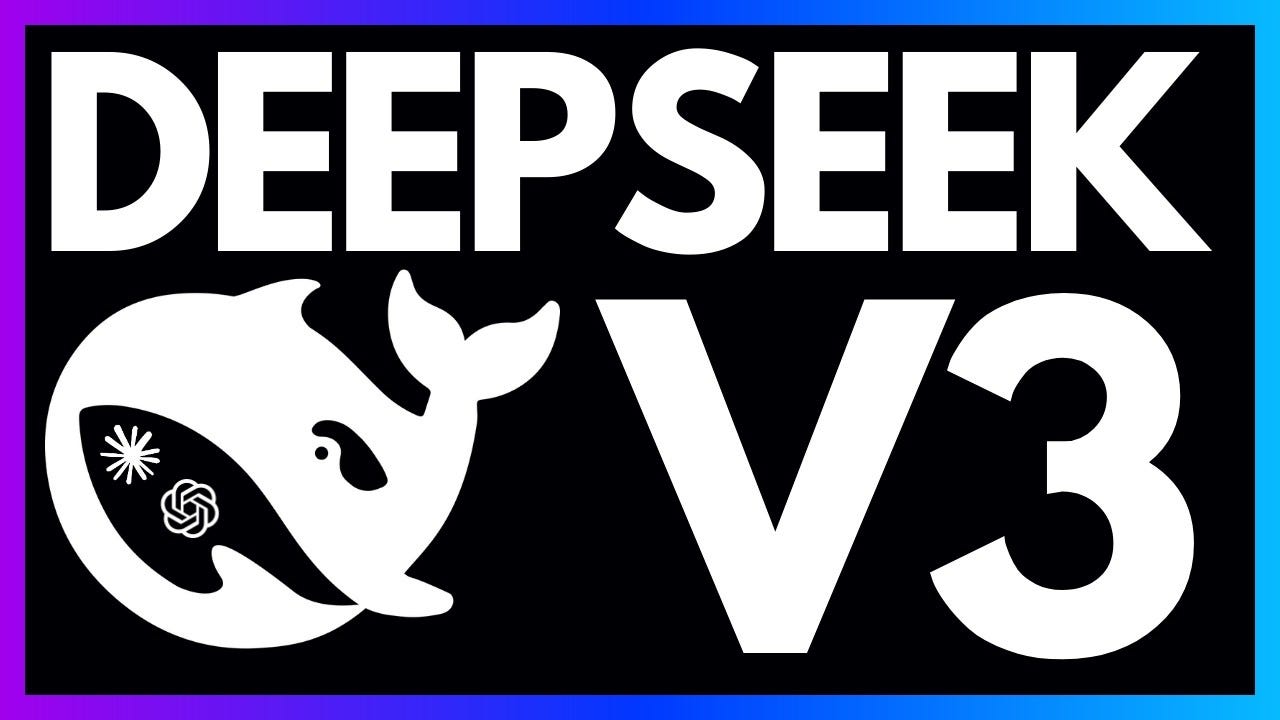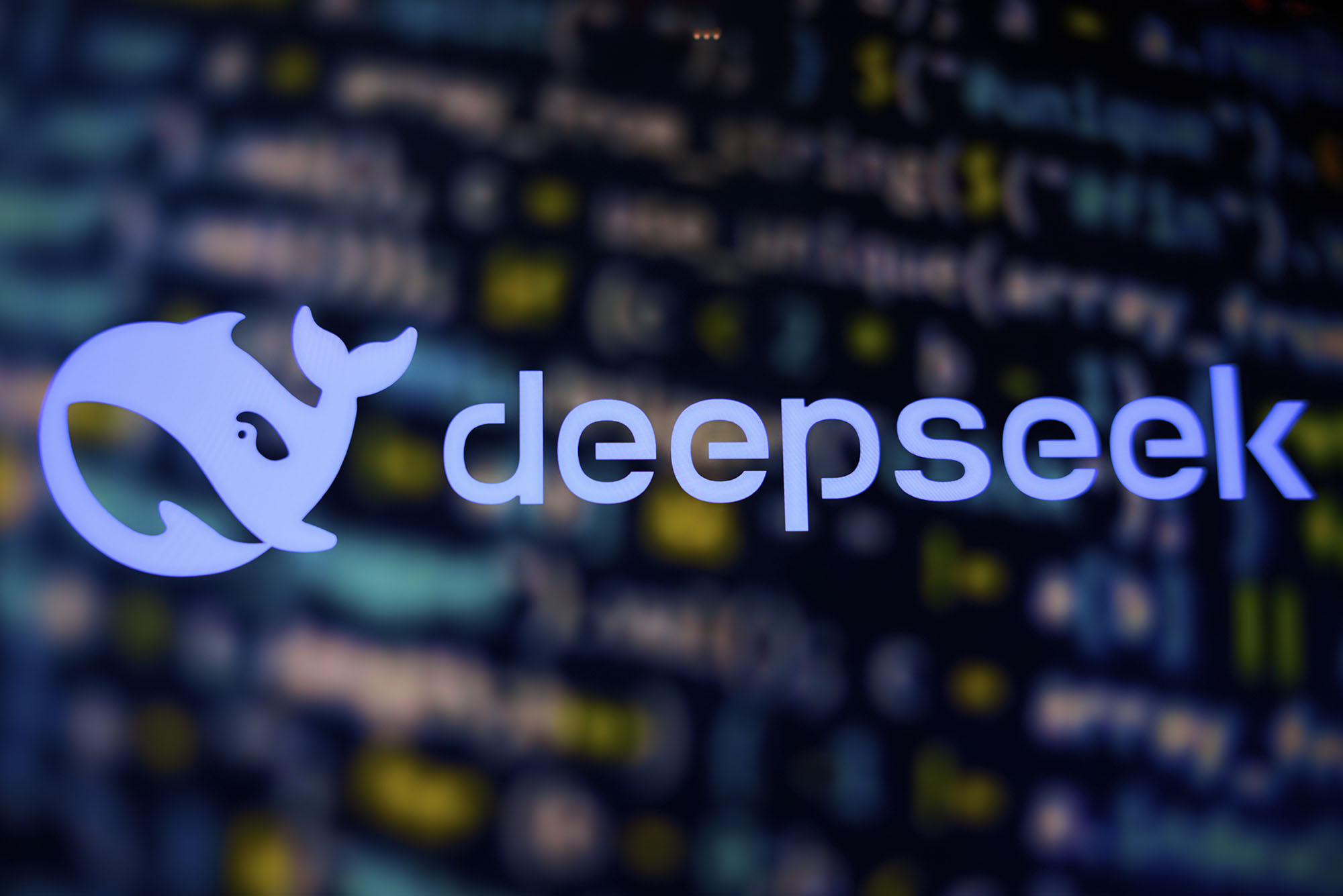Lower-cost AI tools might improve jobs by providing more workers access to the innovation.
- Companies like DeepSeek are establishing inexpensive AI that could assist some workers get more done.
- There could still be risks to employees if companies turn to bots for easy-to-automate jobs.
Cut-rate AI might be shocking industry giants, but it's not most likely to take your task - at least not yet.

Lower-cost approaches to establishing and training expert system tools, from upstarts like China's DeepSeek to heavyweights like OpenAI, will likely permit more individuals to acquire AI's performance superpowers, industry observers told Business Insider.
For many employees worried that robots will take their tasks, that's a welcome development. One scary possibility has been that discount rate AI would make it much easier for employers to swap in low-cost bots for expensive human beings.
Of course, that could still happen. Eventually, the technology will likely muscle aside some entry-level workers or those whose roles mainly consist of repeated jobs that are simple to automate.
Even higher up the food cycle, personnel aren't necessarily devoid of AI's reach. Salesforce CEO Marc Benioff stated this month the company might not work with any software engineers in 2025 due to the fact that the firm is having a lot luck with AI representatives.

Yet, broadly, for many workers, lower-cost AI is likely to expand who can access it.
As it ends up being more affordable, it's easier to integrate AI so that it becomes "a partner rather of a risk," Sarah Wittman, an assistant professor of management at George Mason University's Costello College of Business, informed BI.
When AI's price falls, she stated, "there is more of an extensive approval of, 'Oh, this is the method we can work.'" That's a departure from the frame of mind of AI being a costly add-on that companies might have a difficult time validating.
AI for all
Cheaper AI could benefit employees in areas of a company that typically aren't seen as direct income generators, Arturo Devesa, chief AI architect at the analytics and data business EXL, fraternityofshadows.com told BI.
"You were not going to get a copilot, perhaps in marketing and HR, and now you do," he stated.
Devesa stated the course shown by business like DeepSeek in slashing the expense of establishing and carrying out big language models alters the calculus for employers choosing where AI may pay off.
That's because, for many big business, such determinations factor in cost, precision, and it-viking.ch speed. Now, with some expenditures falling, the possibilities of where AI could show up in an office will mushroom, Devesa said.
It echoes the axiom that's all of a sudden everywhere in Silicon Valley: "As AI gets more efficient and accessible, we will see its usage skyrocket, turning it into a product we simply can't get enough of," Microsoft CEO Satya Nadella wrote on X on Monday about the so-called Jevons paradox.
Devesa said that more productive employees won't always minimize demand for people if employers can establish new markets and new sources of revenue.
Related stories
AI as a product
John Bates, CEO of software application company SER Group, told BI that AI is becoming a product much quicker than anticipated.

That means that for jobs where desk workers may require a backup or somebody to verify their work, affordable AI may be able to action in.
"It's excellent as the junior knowledge employee, the thing that scales a human," he stated.
Bates, a previous computer technology teacher at Cambridge University, said that even if a company currently planned to utilize AI, the decreased expenses would improve return on investment.
He also stated that lower-priced AI could offer small and medium-sized organizations much easier access to the technology.
"It's just going to open things approximately more folks," Bates stated.

Employers still require people
Even with lower-cost AI, humans will still have a location, stated Yakov Filippenko, CEO and founder of Intch, which assists specialists find part-time work.

He stated that as tech firms contend on cost and drive down the cost of AI, many companies still will not aspire to get rid of workers from every loop.
For instance, Filippenko stated companies will continue to require designers since someone needs to validate that new code does what an employer wants. He stated companies hire employers not simply to finish manual work; bosses likewise want a recruiter's opinion on a candidate.
"They spend for trust," Filippenko stated, referring to companies.
Mike Conover, CEO and creator of Brightwave, a research study platform that utilizes AI, told BI that an excellent portion of what individuals carry out in desk jobs, in particular, includes jobs that could be automated.
He said AI that's more widely available because of falling expenses will permit human beings' creative capabilities to be "released up by orders of magnitude in regards to the sophistication of the problems we can fix."
Conover thinks that as prices fall, AI intelligence will also spread to far more locations. He said it's similar to how, decades earlier, the only motor in a car might have been under the hood. Later, as electric motors diminished, they revealed up in locations like rear-view mirrors.

"And now it remains in your tooth brush," Conover said.
Similarly, Conover stated omnipresent AI will let professionals create systems that they can customize to the needs of jobs and workflows. That will let AI bots manage much of the grunt work and permit workers happy to experiment with AI to handle more impactful work and maybe move what they have the ability to focus on.
%20Is%20Used%20In%20Biometrics.jpg)







